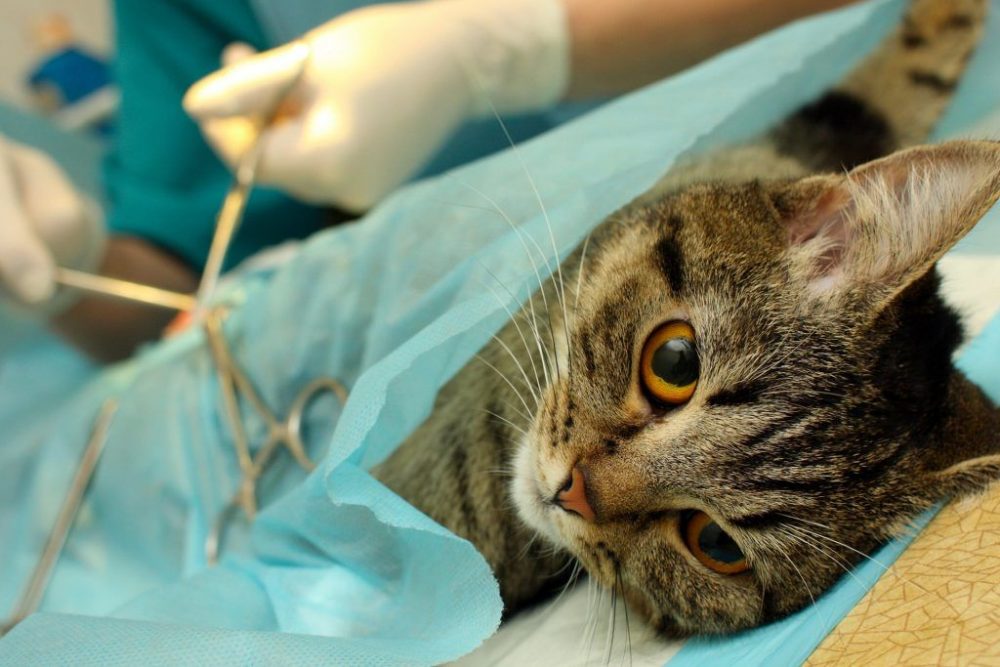

Puppies and kittens are absolutely adorable; do an Internet search for “cute pictures of baby animals” and you’ll be aww’ing in seconds. You may even think that you should try your hand at breeding. After all, you’ll get to play with nature’s sweetest ‘furballs’ all day, and you could even make some money. You might want to at least leave the option open by not spaying or neutering your cat or dog.
But should you? An intact cat or dog can be very difficult to deal with at times. Here are a few of the challenges you might face if you choose not to spay or neuter your pet.
- Male Cats – Unneutered male cats more frequently engage in several unwanted behaviors. One of the least desirable is ‘spraying.’ An unneutered tomcat sprays urine to mark his territory and communicate that he is looking to reproduce. He may spray this foul-smelling liquid outside, but it could end up on your walls, couch, or even in your stereo speakers. Unneutered male cats also tend to be more aggressive. If they sense a female cat in heat, they may roam for miles and attack other animals they encounter.
- Female Cats – A female cat can go into heat, or ‘estrus,’ several times a year, particularly during the spring and fall. You’ll know when your cat is in heat by the constant yowling, howling and meowing. She may spray the walls with urine, and any male cats in range will be lured to your house by the estrogen, which can travel through the air for miles. You may hear male cats howling in response, or find that the outside of your home has been sprayed with urine. Spayed cats are less likely to get breast cancer, and cannot get uterine or ovarian cancer.
- Male Dogs – Like cats, dogs who remain intact may be more aggressive and prone to roaming. An unneutered dog may run away in search of a female in heat, and could get lost or injured. Neutered dogs tend to be less aggressive; less likely to ‘mount’ people, other dogs, or objects; and less interested in roaming. Neutering offers several medical benefits. For example, testicular cancer is common in older dogs and can be life-threatening. Neutering eliminates this risk. If your dog is not neutered, he could develop prostate problems, as it will enlarge as he ages.
- Female Dogs – Female dogs only go into heat twice a year, and during this time they are prone to roaming, frequent urination, and aggressive or irritable behavior. Dogs in heat can release a bloody discharge, which can continue for several days. You may want to buy diapers for your dog to prevent damage to your furniture or carpets. The best reason to spay your dog is medical. Spayed dogs are significantly less likely to develop breast cancer. Additionally, 25% of un-spayed female dogs will become infected with pyometra bacteria by the age of 10, which can be fatal.
If you’re still on the fence about having your pet spayed or neutered, get more information. Talk to your veterinarian, and ask breeders what their experience has been. A spayed or neutered pet won’t contribute to the overpopulation of shelters, and will be more likely to live a long and healthy life.




